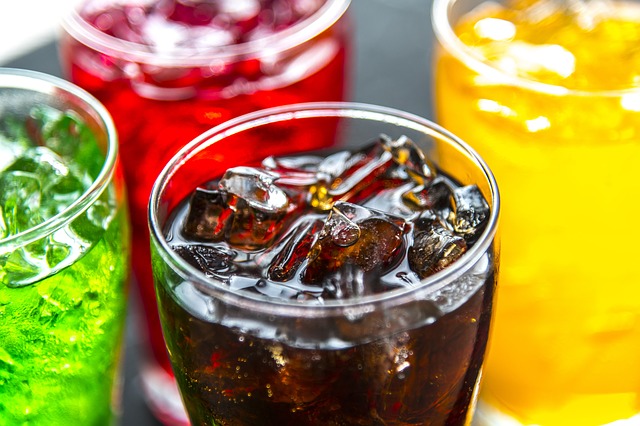KUALA LUMPUR, June 25 — A meta-analysis of studies from locations which are currently imposing a tax on sugary drinks has shown a reduction of purchase and consumption of such beverages.
A ten per cent tax has resulted in an average of a 10 per cent decrease in consumer behaviour.
Researchers from the University of Otago, New Zealand, reviewed data from four cities in the US: Cleveland, Ohio; Portland, Maine; Berkeley, California; and Philadelphia, Pennsylvania; the Catalonia region in Spain; and three countries namely Mexico, France and Chile.
“This new review presents compelling evidence that sugary drink taxes result in decreased sales, purchasing or dietary intake of taxed beverages. For a 10 per cent tax, sugary drink volumes declined by an average of 10 per cent,” said lead author Dr. Andrea Teng.
“It shows taxes on sugary drinks are an effective tool to reduce consumption, and we know from other research that the high consumption of sugary drinks increases the risk of obesity, diabetes and dental caries.”
The review also included studies which looked at the alternative drinks people consumed instead of sugary drinks after imposition of the tax.
A 10 per cent tax on sugary drinks resulted in a 1.9 per cent increase on average of alternative drinks. For water, there was a 2.9 per cent increase.
A co-author of the review, Dr Amanda Jones, says all the individual studies in the review found a reduction in sugary drink consumption, but the impact in some settings was greater than others.
Applying tax by thresholds of sugar content, rather than as a percentage of price, appeared to be particularly important in ensuring a more favourable impact.
The World Health Organization recommends that governments impose a 20 per cent tax on sugary drinks.








